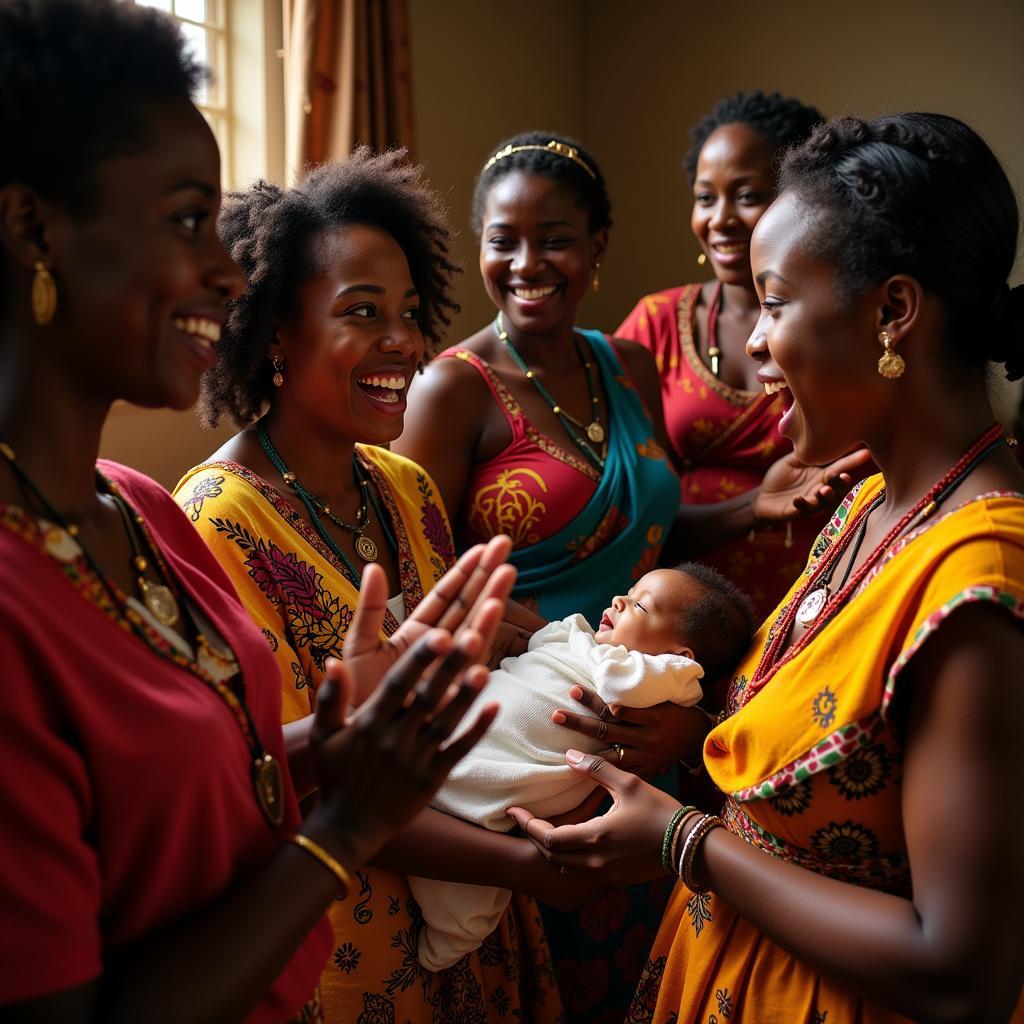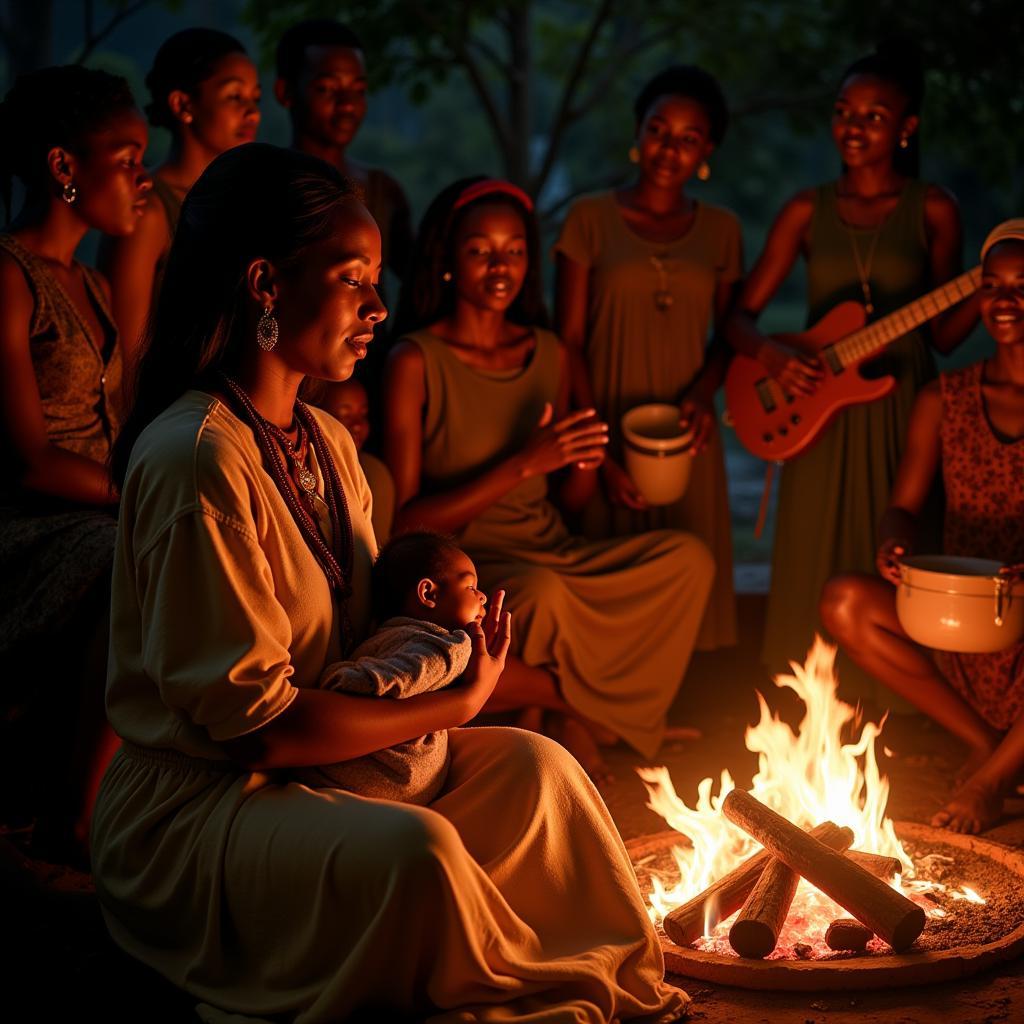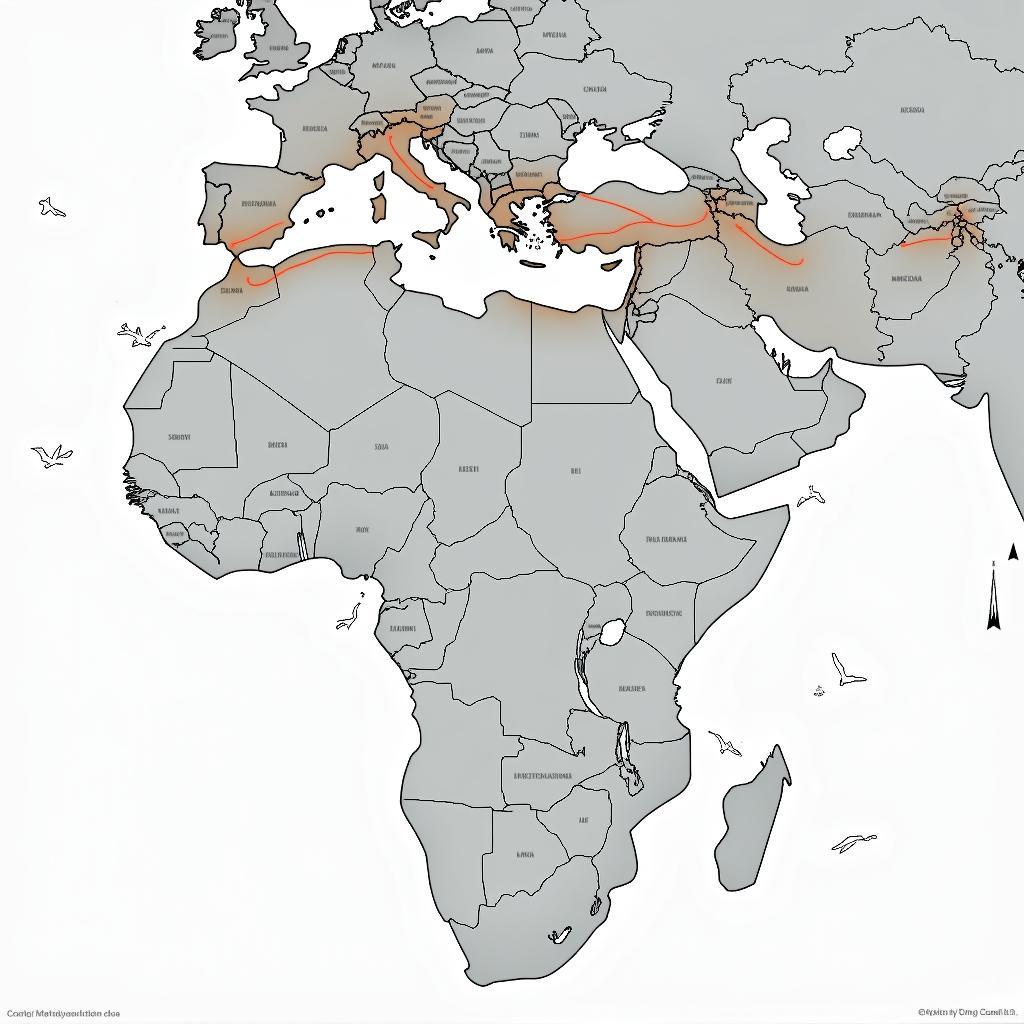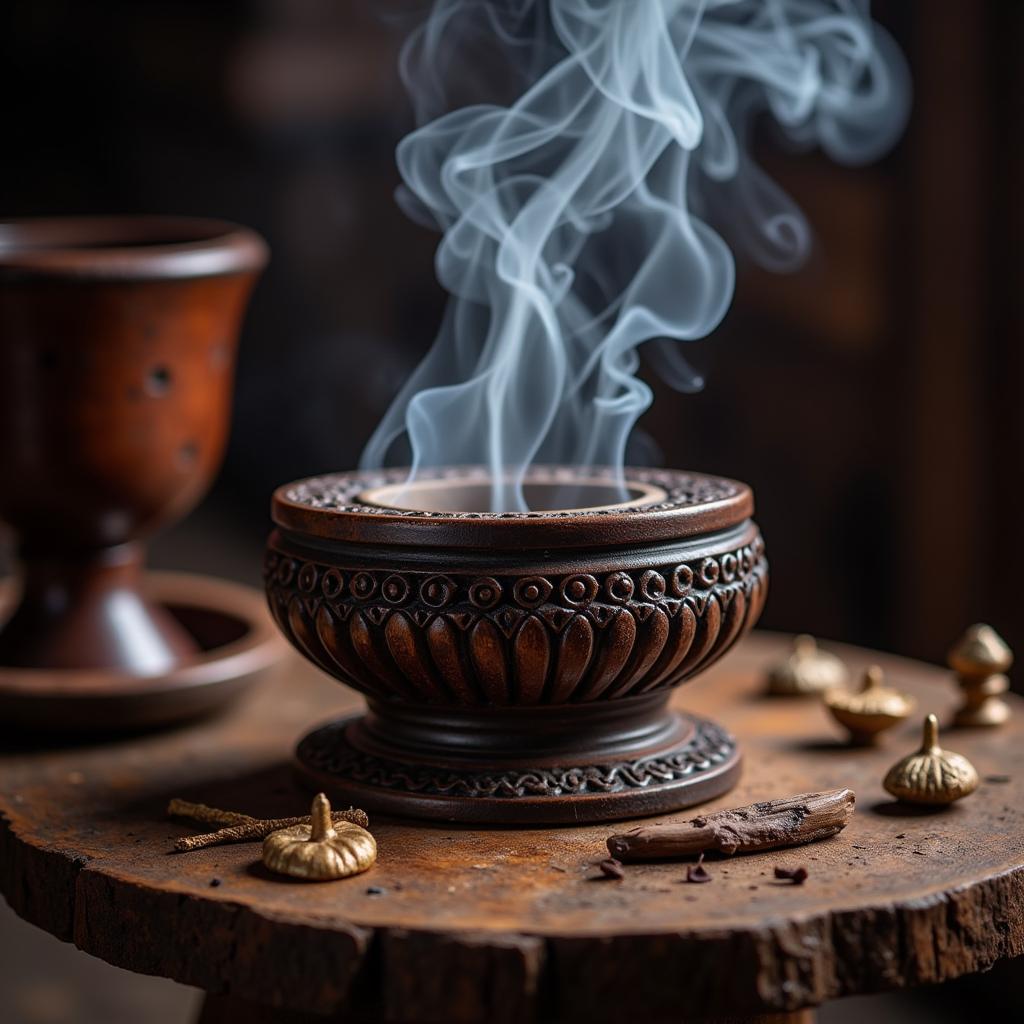The Rich Tapestry of African Birth Songs
African Birth Songs, a vibrant expression of cultural heritage, celebrate the arrival of new life across the continent. These melodic expressions are more than just songs; they are a powerful testament to the deep connection between music, community, and the cycle of life in African traditions. They offer a fascinating glimpse into the beliefs, values, and hopes that communities hold for their newest members. Let’s delve into the captivating world of African birth songs and explore their significance.
From the sweeping savannahs to the lush rainforests, each region of Africa boasts its unique musical traditions, reflected in the diversity of birth songs. These songs are often deeply intertwined with the spiritual beliefs of a community, serving as a bridge between the physical and spiritual realms. They may invoke ancestral blessings, offer protection from harm, or express gratitude for the safe arrival of the child. You might also be interested in learning about an African birthday wish song.
The Role of Women in African Birth Songs
Women play a central role in perpetuating the tradition of birth songs. Mothers, grandmothers, aunts, and other female relatives gather to sing and welcome the newborn into the world. These songs are not just for the child, but also for the mother, providing comfort, encouragement, and a sense of community during and after childbirth. The rhythmic melodies and repetitive lyrics can even act as a natural pain reliever during labor.
Variations Across the Continent
While the core purpose of celebrating new life remains constant, the specific themes and musical styles of birth songs vary widely across the continent. In some cultures, the songs focus on the child’s lineage and future role in society. In others, they might emphasize the importance of community and shared responsibility in raising the child. This diversity is a testament to the rich tapestry of African cultures. For a different cultural perspective, explore the dynamic world of a South African Zulu dance.
 African women singing a traditional birth song
African women singing a traditional birth song
Understanding the Lyrics and Melodies
The lyrics of African birth songs are often poetic and metaphorical, filled with imagery drawn from nature, folklore, and everyday life. They might describe the beauty of the newborn, express hopes for their future, or offer words of wisdom and guidance. The melodies are typically simple yet powerful, easily learned and remembered, ensuring that the tradition is passed down through generations. Check out the soul-stirring melodies of an African lady song.
A Spiritual Connection
In many African cultures, birth songs are believed to have a spiritual dimension. They are seen as a way to connect with the ancestors and invoke their blessings upon the newborn. The songs may contain prayers for the child’s health, protection, and prosperity. This spiritual element adds another layer of depth and meaning to the tradition.
 Traditional African birth ceremony with singing
Traditional African birth ceremony with singing
The act of singing itself can be seen as a form of communal prayer, strengthening the bonds between individuals and reinforcing the sense of belonging within the community. If you’re interested in hearing the pure voices of the next generation, listen to some enchanting African kids singing. To learn more about the diverse cultures of this continent, you can explore 5 facts about African culture.
Preserving a Timeless Tradition
In a rapidly changing world, the tradition of African birth songs faces the challenge of remaining relevant and vibrant. However, many communities are actively working to preserve and revitalize these precious cultural expressions. They recognize the importance of passing down these traditions to future generations, ensuring that the rich musical heritage of Africa continues to thrive.
In conclusion, African birth songs are a powerful expression of cultural identity and a testament to the enduring power of music. They represent a celebration of life, a connection to the past, and a hope for the future. These melodic treasures offer a unique window into the heart and soul of African communities, reminding us of the universal joy and wonder that accompanies the arrival of new life.
FAQ
- What is the purpose of African birth songs?
- African birth songs celebrate new life, provide comfort to the mother, and connect the community.
- Who typically sings these songs?
- Women, including mothers, grandmothers, aunts, and other female relatives.
- Do the songs vary across different regions of Africa?
- Yes, themes and musical styles vary widely, reflecting the diversity of African cultures.
- What are some common themes found in the lyrics?
- Common themes include the beauty of the newborn, hopes for their future, and words of wisdom.
- Are these songs considered to have a spiritual significance?
- In many cultures, yes, they are seen as a way to connect with ancestors and invoke blessings.
Need More Information?
For further exploration, consider these questions: How do birth songs reflect the values of a particular community? What role do traditional instruments play in these songs? How are these traditions being adapted in modern times?
Expert Insights:
Aisha Mbowe, Ethnomusicologist: “African birth songs are not simply lullabies; they are powerful narratives that weave together the past, present, and future of a community.”
Kwame Nkrumah, Cultural Historian: “These songs are a testament to the resilience and creativity of African cultures, demonstrating the ability to find joy and meaning in even the most challenging circumstances.”
Fatou Diop, Griot and Storyteller: “Through these songs, we pass down our history, our values, and our dreams to the next generation, ensuring that our cultural heritage remains alive and vibrant.”
If you need further assistance, please contact us: Phone: +255768904061, Email: kaka.mag@gmail.com or visit us at Mbarali DC Mawindi, Kangaga, Tanzania. We have a 24/7 customer service team.



